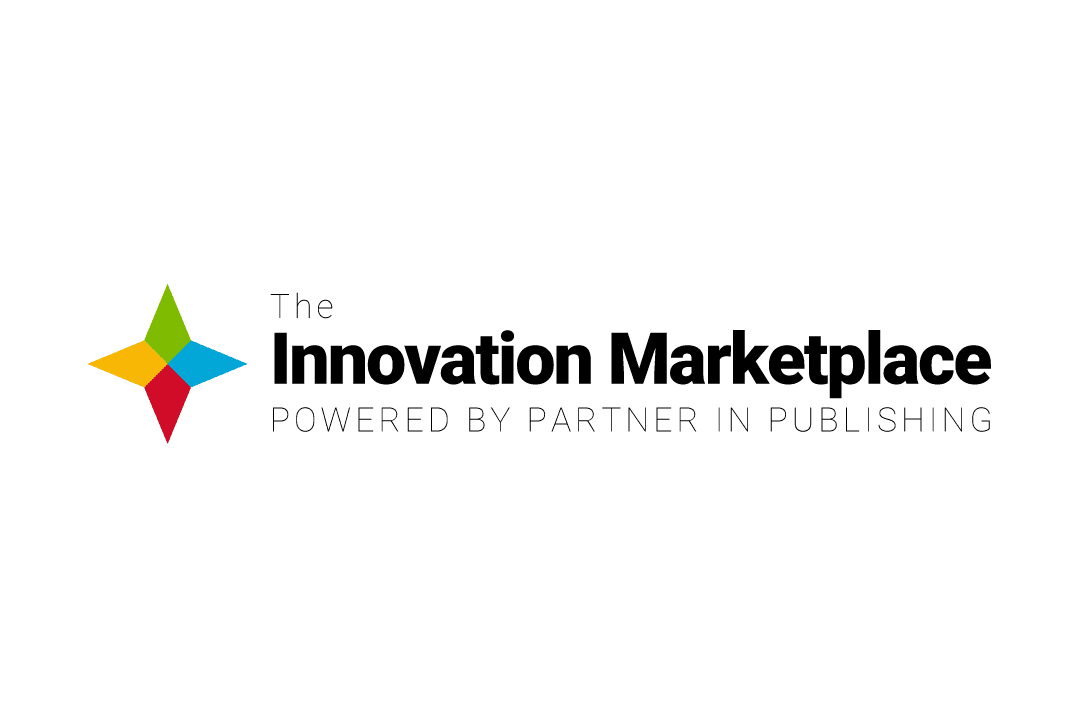By Gerry Hanley, Chief Academic Officer
In higher education, innovation has the potential to make a profound impact on the experience of teaching and learning. Technology-driven products and services can foster student engagement, improve learning outcomes, and prepare students for the workforce. Due to barriers in the higher ed market, however, the best products sometimes don’t reach the audience they deserve.
The challenges of market development in EdTech:
In traditional markets, the people who buy products and services are also the ones who use them. Companies serving these markets only need to focus on meeting the needs of one particular group of stakeholders, making market development a relatively straightforward proposition.
In higher education, though, the people responsible for purchasing technology solutions — particularly at the institutional level — are not the ones using those products and services. While EdTech companies often go to great lengths to build a product that meets the needs of their customers, they often go to market without a clear understanding of how the buyers of those solutions behave — and everything that needs to be in place for them to make a purchase. This lack of market expertise leads to missed opportunities across the board. For providers, it stifles growth. More importantly, it prevents educators and students from having access to solutions that meet their needs.
The power of customer insights:
For EdTech companies, building an effective market development strategy requires understanding and navigating the motivations, behaviors, and concerns of all the stakeholders involved in a purchasing decision — not just the end users.
The power of using customer insights to inform market development in any industry is well known. McKinsey has reported that organizations that leverage customer behavioral insights outperform peers by 85 percent in sales growth. However, the differences between academic institutions and EdTech companies make it challenging for companies to foster this type of collaboration.
How corporate partnerships can help educators achieve their goals:
PIP’s Innovation Marketplace (IM) aims to make it easier for EdTech companies and educators to collaborate, giving providers access to valuable customer insights and educators with the opportunity to guide the development of solutions that meet their specific needs.
By giving providers direct access to 65,000+ educators, IM enables EdTech companies to make better decisions around:
- Product ideation and development.
- Accessibility and security requirements.
- Rhythms of the buying cycle.
- Dynamics between stakeholders involved with procurement.
With the insights gained through IM, EdTech companies can innovate faster, launch more efficiently, reduce risk, and develop effective customer retention strategies. In addition, engaging directly with potential customers prior to launch can help companies build the trust and credibility necessary to create a healthy environment for sales.
The benefits of a more comprehensive market development strategy:
While customer insights are critical to the successful launch of an EdTech product, an effective market development strategy should also include easier-to-access marketing data and feedback from pilots. When combined, these inputs can provide EdTech companies with a more accurate and comprehensive understanding of what’s required in order to launch and sustain a solution.
EdTech companies can play a vital role in helping educators and students achieve their goals — provided that they’re able to develop products that meet educators’ evolving needs and navigate higher ed’s often-complex procurement processes. Adding customer insights to a market development process that includes a company’s own marketing data as well as feedback from pilots can help companies achieve both objectives.

About the Author
Gerry Hanley, PhD serves as Chief Academic Officer at Partner in Publishing (PIP) and Executive Director of MERLOT and SkillsCommons. With nearly 40 years of experience in higher education and 20 years as Assistant Vice Chancellor & Senior Director of Academic Technology Services at the California State University Office of the Chancellor, Gerry collaborates with educators and EdTech companies to develop and implement meaningful learning technologies.






